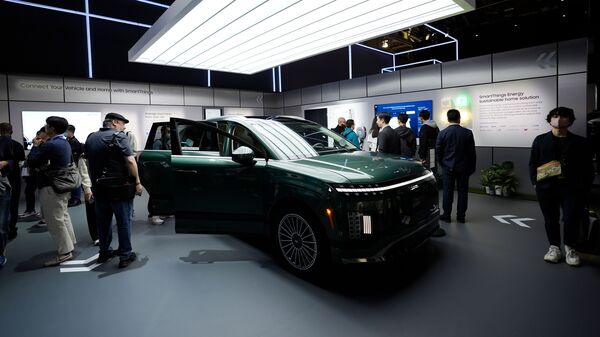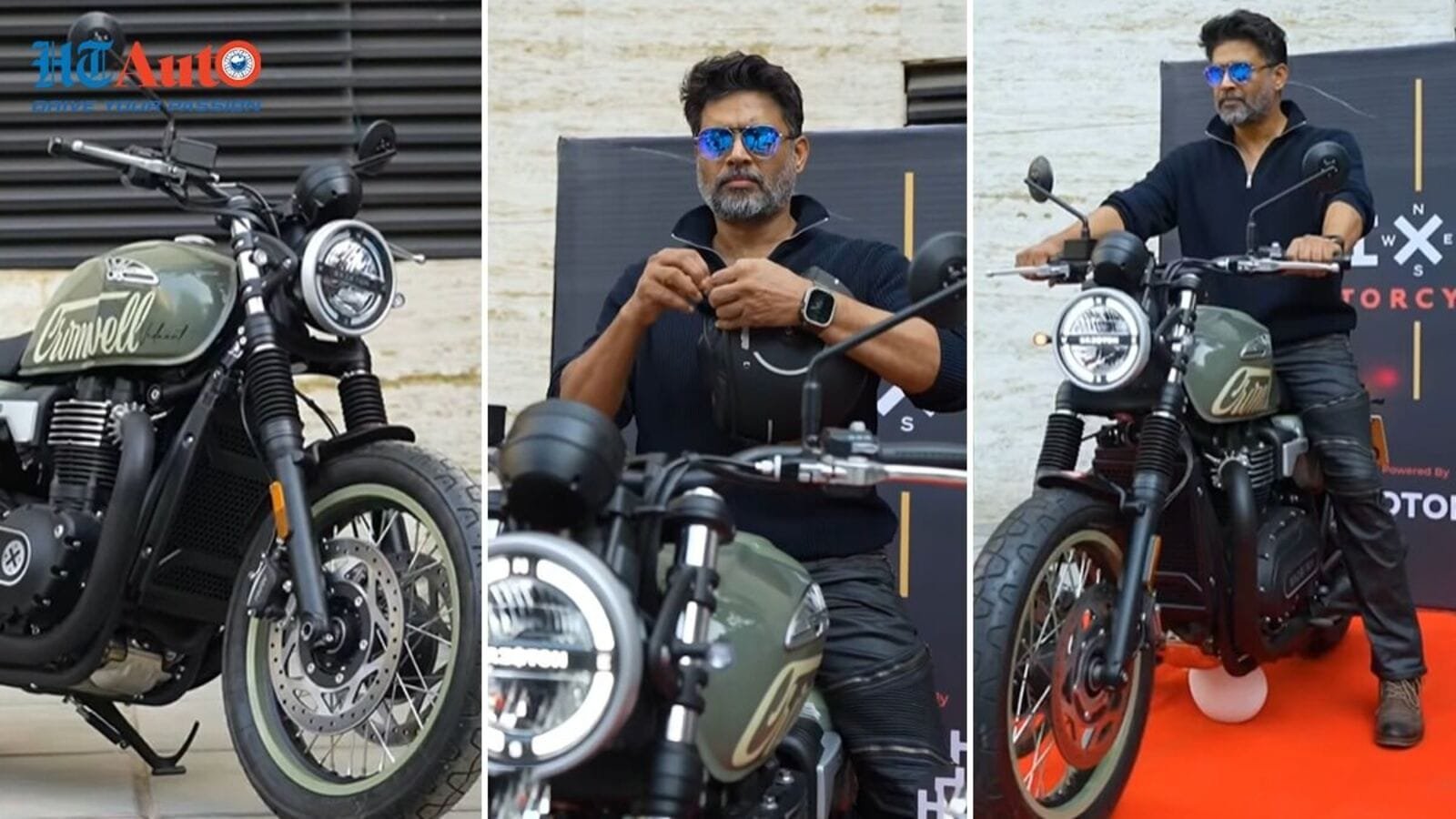Hyundai is planning to begin mass production of solid-state batteries by 2030, with the first EVs to be powered by the new tech to arrive shortly afte
…

Hyundai is gearing up to take the global electric vehicle market by storm with the launch of new and advanced batteries. The South Korean auto giant will reportedly unveil its pilot line of solid-state batteries in March 2025. This new line of advanced battery tech promises to offer more range, higher energy density, and faster charging times. With other major automakers planning to deploy their own, solid-state batteries are expected to become the next big thing in the EV industry.
At a 2023 CEO Investor Day event, Hyundai showcased its plans to become a leader in the EV battery sector. The automaker announced an investment of over $9 billion to develop a range of batteries over the next ten years. These include lithium-iron-phosphate (LFP), nickel cobalt manganese (NCM), and solid-state batteries in an attempt to cover all segments. Local reports that surfaced between December 2024 and January 2025 stated that Hyundai was nearing completion of its pilot line for solid-state EV batteries.
Also Read : Tata Motors banks on local battery manufacturing amid rising EV competition
This month, the South Korean IT news firm ET News reported that the automaker will publicly unveil its new-gen batteries for the first time in March 2025. Hyundai is gearing up to hold an opening ceremony for its battery research facility in Uiwang, South Korea, which is expected to be attended by high-ranking public officials as well as industry leaders.
Hyundai will begin full-scale production of its solid-state battery pilot line next month and is expected to debut a prototype powered by the new technology before 2026.
What are solid-state batteries?
Major automotive manufacturers and companies such as Honda and Toyota are developing solid-state batteries and plan to employ the new technology in passenger cars. With no plans to be left behind, Hyundai will use the pilot line as a demo for the new batteries.
Solid-state batteries are nicknamed “dream” EV batteries because of their inherent potential to provide a longer range on a single charge, faster charging times, and low fire risk. Most EV batteries are lithium-based, which use a traditional liquid or gel electrolyte. Solid-state batteries employ solid electrolytes such as ceramics, polymers, or other solid materials.
As a result, solid-state batteries achieve a higher energy density, storing more energy within the same volume. Additionally, solid electrolytes are generally non-flammable, making solid-state batteries a much safer alternative to traditional lithium-based ones. This is especially the case when it comes to high-temperature environments, where lithium-ion batteries can be volatile.
Also Read : Mahindra & Mahindra – EVs to make 30 per cent of portfolio by 2030
Solid-state batteries are however not commercially available at present. The cost of manufacturing is much higher than traditional batteries as developing solid electrolytes at a large scale is complex. These batteries are additionally not as stable as lithium-ion batteries, posing manufacturing hurdles. As a result, manufacturers may take a long while to bring the new technology to the forefront.
At present, Hyundai is aiming to start mass production of solid-state batteries around 2030 and the first EVs to be powered by the new technology should arrive shortly after. Other manufacturers such as Honda are a tad more optimistic, aiming to start adopting solid-state batteries by the late 2020s.
Check out Upcoming EV Cars in India.
First Published Date: 12 Feb 2025, 13:39 PM IST



